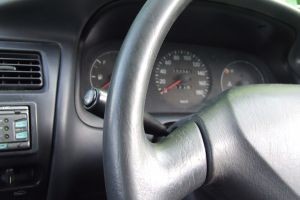It is a topic that can spark quite a bit of discussion around the watercooler at our San Francisco injury law firm – Are driverless cars the future of safe driving or a dangerous detour? We put our trust in computers every day and human error is certainly at the root of many car accidents, but can a computer ever respond the same way a driver can? What balance between human and computer would provide the safest solution?
Stanford Researchers Find Distraction May Be Key to Driver Readiness in Automated Vehicles
The San Francisco Chronicle recently reported on ongoing research into the safety of driverless cars at Stanford University. Specifically, researchers are looking at how automated vehicles can best alert drivers and hand off control when the software and/or sensors become overwhelmed. There are already cars on the market that can be programmed to stay in a lane or maintain a safe distance between vehicles, but there is still a need for a human driver at times and handing off  control is a major issue. Automation, for all its many benefits, can lull people into a false sense of security. The Chronicle sums up this issue well: “One riddle automakers must solve: How to get owners to trust the technology so that they’ll use it — but not trust it so much that they’ll be lulled into a false security that makes them slow to react when the car needs them.”
control is a major issue. Automation, for all its many benefits, can lull people into a false sense of security. The Chronicle sums up this issue well: “One riddle automakers must solve: How to get owners to trust the technology so that they’ll use it — but not trust it so much that they’ll be lulled into a false security that makes them slow to react when the car needs them.”
 San Francisco Injury Lawyer Blog
San Francisco Injury Lawyer Blog

